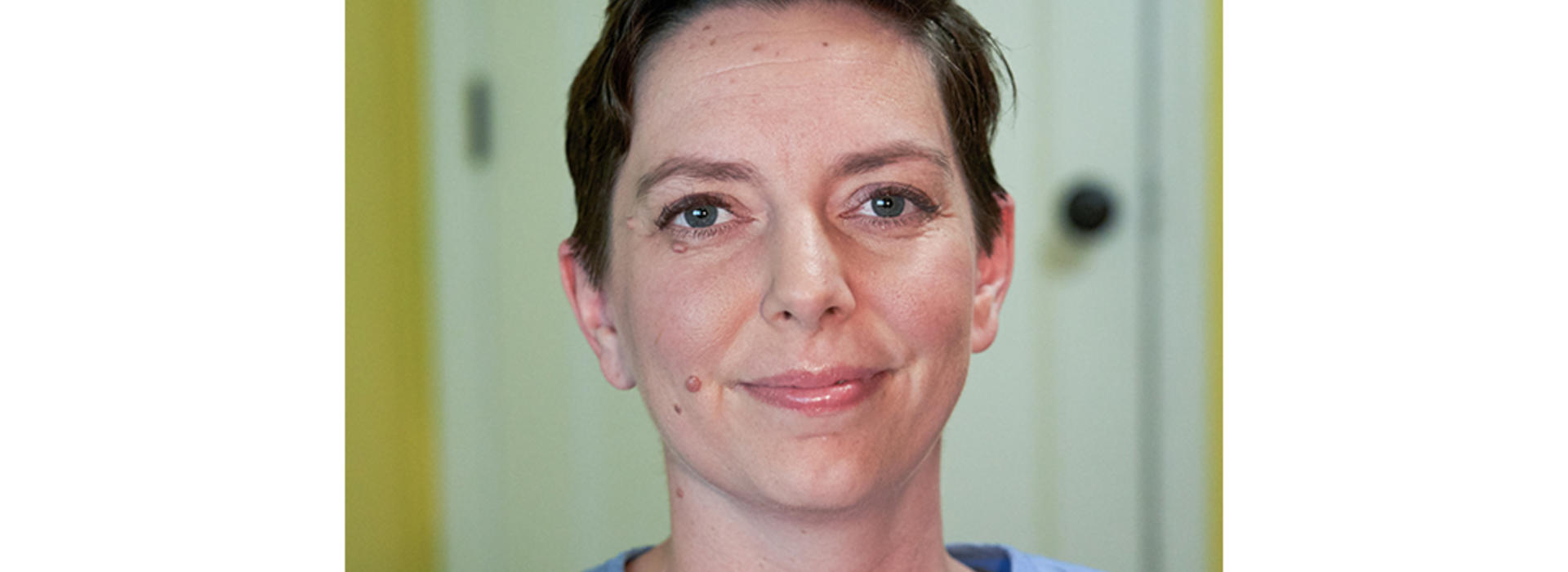
Kristina Krohn, MD, Shares Free Course on Disaster Preparedness, Pandemic Response
The Korean War left the once-booming city of Seoul with very little economic infrastructure in the mid-1950s. Recognizing Seoul’s dire need for a new healthcare system, the University of Minnesota helped train professionals and standardize care for the city from 1955 to 1961. Known as “the Minnesota Project,” this early leadership in global medicine is one of many inspiring reasons why Kristina Krohn, MD, joined the faculty at the U of M Medical School in 2017.
“The University has a reputation of having done an excellent job in global health for decades,” said Dr. Krohn, an assistant professor in the Department of Medicine. “Minnesotans don’t tell other people how to live their lives; we roll up our shirt sleeves and work side-by-side until our partners don’t need us anymore.”
Educating Physicians to Care for the Marginalized
Dr. Krohn is a hospitalist, rounding between the east and west banks of the M Health Fairview University of Minnesota Medical Center. She sees patients while directing an online course on global health for physicians.
“We train all sorts of physicians who practice all over the United States and the world, including educators, clinicians, researchers and even a few who enter the military," Dr. Krohn said. "We've even had seven of our trainees go on to Epidemiology Intelligence Service training at the CDC to become ‘disease detectives,’ which is a massive number.”
The course, for trainees and practicing physicians, consists of more than 300 hours of content and, for more than 15 years, has taught an important component about the principles for addressing disease outbreak preparedness and response.
“So much of what we do in global medicine is preparing for pandemics and talking about how to care for people who live on the margins—those living in poverty, forced from their homes by war or famine or are new to the U.S. As long as we don't care for those on the margins, we are leaving ourselves open for things like COVID-19,” Dr. Krohn said.
Educating Globally about Disaster Preparedness and Outbreak Response
Within a week of Minnesota’s first COVID-19 case, Dr. Krohn had handpicked the most appropriate material from the larger global health course to launch a condensed 10-hour version that’s now available worldwide, free of charge. At last count, more than 290 people have enrolled in the course.
“We talk about how to plan for pandemics and how to handle them in a clinic, an ER or an ICU while most people don’t talk about this at all. We do. It was a no-brainer that we needed to share this information quickly with more people,” she said.
Inspired by her own experience as the second-ever Stanford NBC News Global Health Media Fellow in 2012, Dr. Krohn has started another course called, “COVID-19: Outbreaks and the Media,” where she teaches medical students how to identify and amplify quality public health messages about COVID-19.
“I hope that we remember that the world is looking to us, as physicians, not only to care for them once they come into our hospital but to guide them about what to do while staying at home,” Dr. Krohn said. “I hope that we can share our knowledge in ways that empower people throughout this difficult time.”